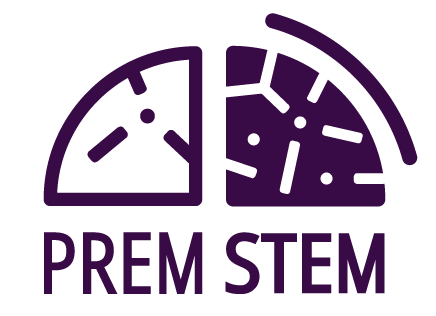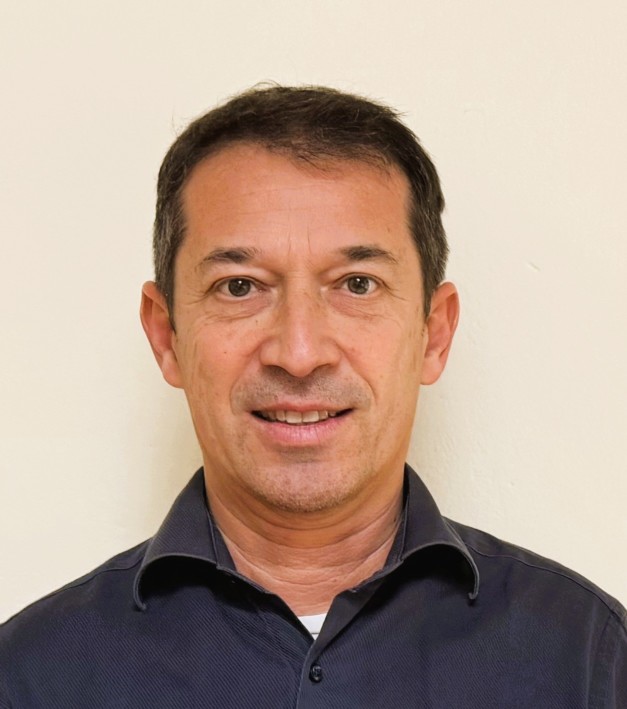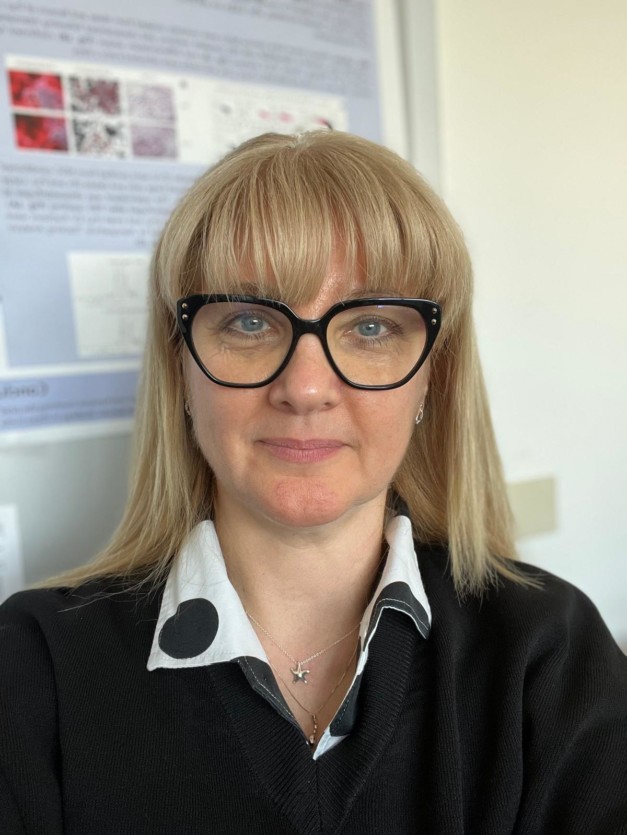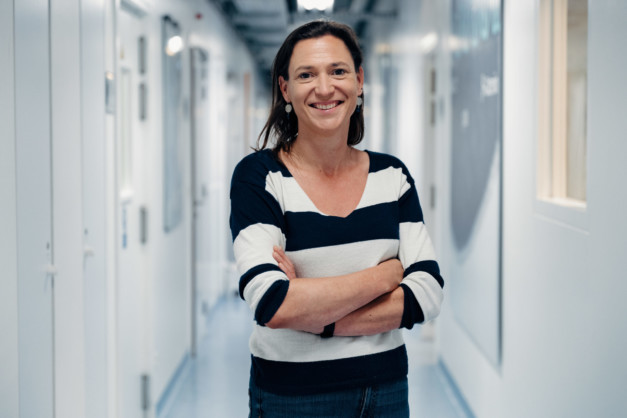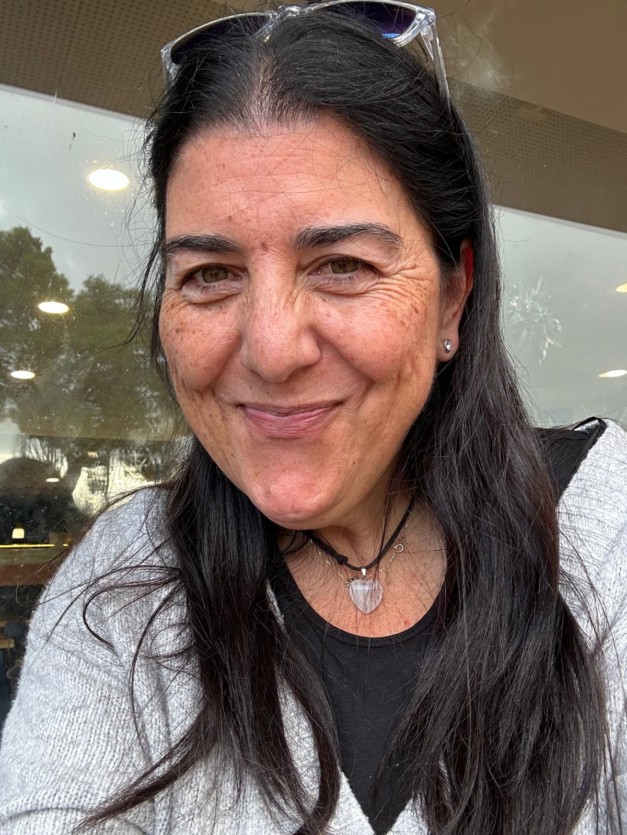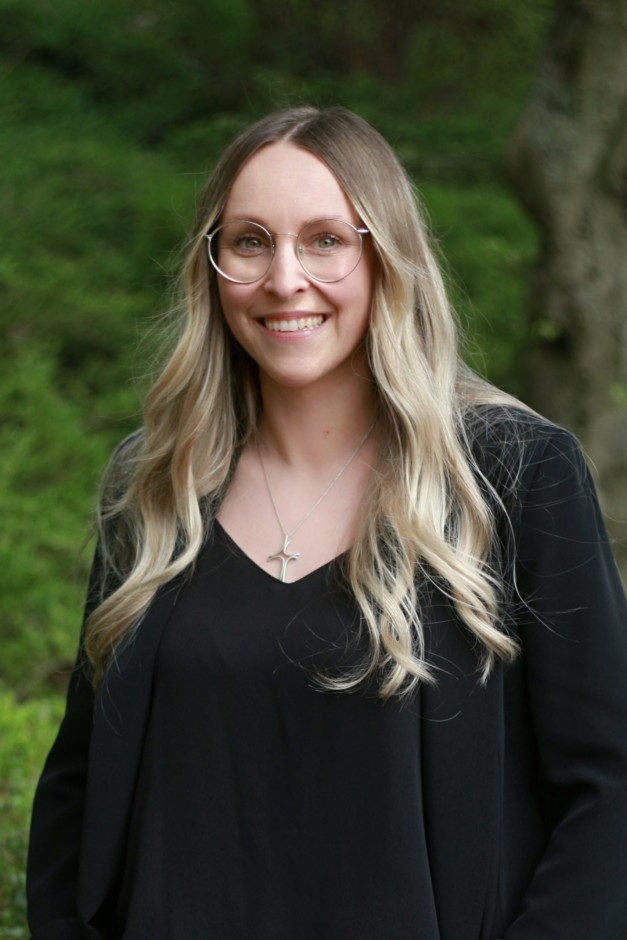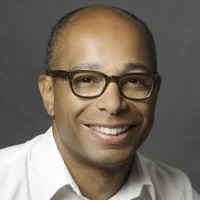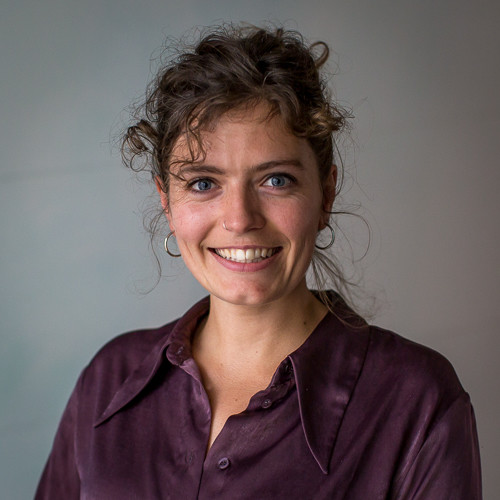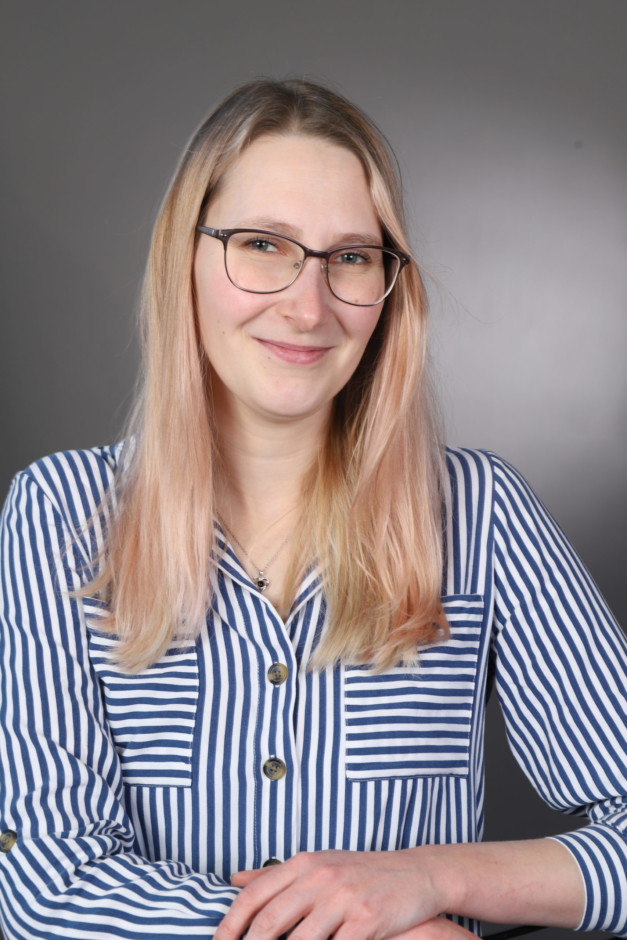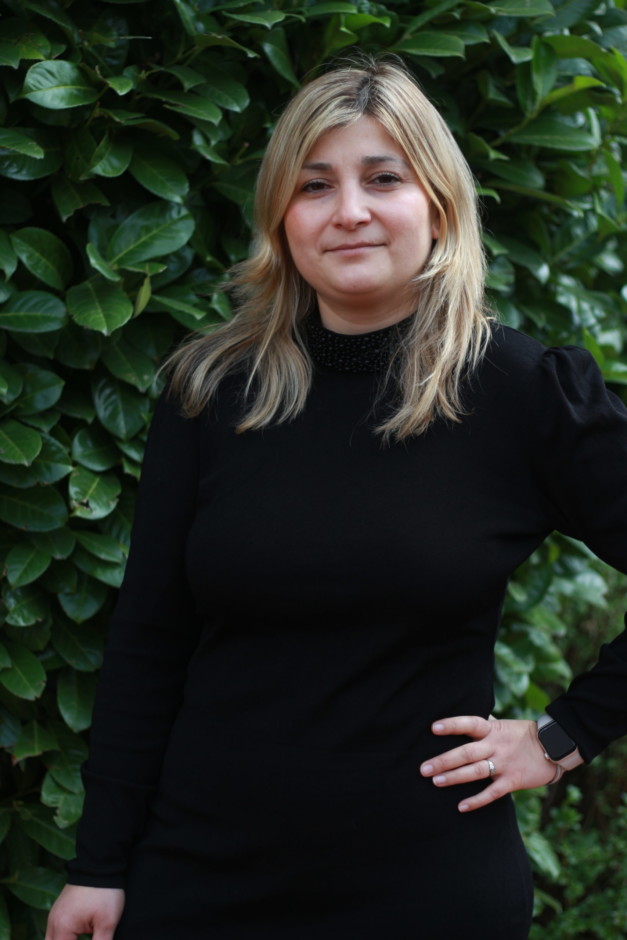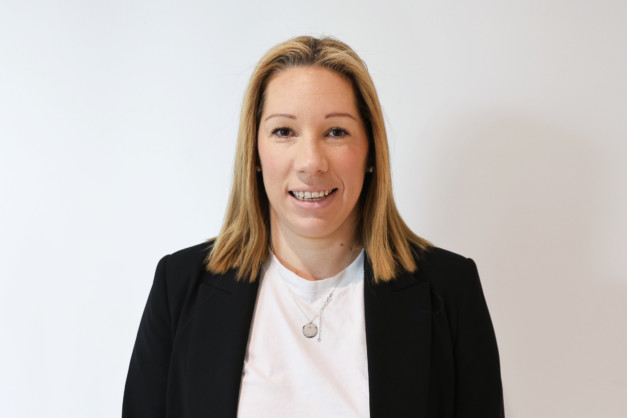Nicola Pelizzi
Nicola Pelizzi Dr Nicola PelizziGlobal Project LeaderChiesi Farmaceutici (Italy) Session: Learnings from co-creation: involving external stakeholders in research – Thursday 15 May (8.30-10am) • Degree and PhD in Chemical Sciences in 1998.• From 1998 to 2007, R&D Senior Scientist in Analytical Chemistry Department at Chiesi Farmaceutici.• From 2008 to 2011, R&D Project Manager at Chiesi Farmaceutici, with PMP® (Project Management Professional) certification granted in 2009.• From 2012 to today, Global Project Leader of neonatology projects, with responsibility for creating the strategy and the integrated project plan for the development of the assigned projects, leading cross-functional and multicultural teams composed by experts of different areas (preclinical, CMC, clinical, regulatory, commercial, market access, medical affairs, manufacturing, IP, project manager). As Global Project Leader, experience has been gained in leading projects in different therapeutic areas and in different phases of development, as well as in assessing the value of new opportunities through due…
Silvia Coco
Silvia Coco Dr Silvia CocoSenior ResearcherUniversity of Milano Bicocca (Italy) Session: Alternatives and adjuncts to stem cells – Wednesday 14 May (3.30-5pm) Silvia Coco is a tenured researcher at the Department of Medicine and Surgery, University of Milano-Bicocca, with a degree in Biological Sciences and expertise in pharmacology and neuroscience. Her research investigates innovative therapeutic strategies for challenging neurological conditions. Specifically, she focuses on the potential of mesenchymal stem cells (MSCs) and their extracellular vesicles (EVs) in neurodevelopmental disorders, aiming to restore altered GABA switch mechanisms crucial for normal brain development. Silvia also investigates the neuroprotective and immunomodulatory potential of MSC-EVs in neurodegenerative diseases such as Alzheimer’s. Actively contributing to the academic community through teaching and mentorship, she disseminates her research and fosters collaborations to advance the understanding and treatment of these debilitating conditions.
Roosmarijn Vandenbroucke
Roosmarijn Vandenbroucke Professor Roosmarijn VandenbrouckeHead of the Barriers in Inflammation LabFull professor at Ghent UniversityGroup leader at VIBDepartment of Biomedical Molecular Biology, Ghent University, Ghent (Belgium)Center for Inflammation Research, VIB, Ghent (Belgium) Session: Alternatives and adjuncts to stem cells – Wednesday 14 May (3.30-5pm) Roosmarijn Vandenbroucke is head of the Barriers in Inflammation at the VIB-UGent Center for Inflammation Research in Ghent, Belgium. She has a background in biotechnology and molecular cell biology. She obtained a PhD in Pharmaceutical Sciences at Ghent University where she focused on gene therapy. During her postdoctoral research, she became interested in peripheral and central inflammation and brain barriers. She founded her independent research lab at Ghent University in 2015 and at VIB in 2018. Her team is internationally recognised for its expertise in brain barriers, (neuro)inflammation, the gut-brain axis, and extracellular vesicles.
Elisabet Farga Carrera
Elisabet Farga Carrera Elisabet Farga CarreraPresident/founderSom Prematurs (Spain) Session: Learnings from co-creation: involving external stakeholders in research – Thursday 15 May (8.30-10am) Elisabet Farga Carrera is the president and founder of the Premature Babies Association of Catalonia – Som Prematurs – and a mother of premature twins. She is deeply involved in co-creation forums, including the PADEICS Group and the Pediatrics Program: NIDCAP of the ICS (Institut Català de la Salut). She also serves on the Family Council at Hospital Sant Joan de Déu in Barcelona, where she helps evaluate and improve paediatric care. As part of Som Prematurs, she actively participates in committees like RECLIP (Spanish Pediatric Clinical Trials Network) and the Simulation and Teaching Committee at Vall d’Hebron Hospital in Barcelona and PARENTS KIDS part of i4KIDS is a Pediatric Innovation Hub, coordinated by Sant Joan de Déu Barcelona Children’s Hospital. Her leadership in the Expert Patient incubator…
Nicole Labusek
Nicole Labusek Dr Nicole LabusekPostdoctoral researcher Department of Paediatrics I, Neonatology and Experimental perinatal Neurosciences, Centre for Translational Neuro- and Behavioural Sciences (C-TNBS), University Hospital Essen, University Duisburg-Essen, 45147 Essen (Germany) Session: Cell based therapies in animal studies – Wednesday 14 May (1.30-3pm) Nicole Labusek is a neuroscientist specialising in neonatal brain injury and cell-based therapies. She earned her Master’s degree in Translational Neuroscience from Heinrich Heine University Düsseldorf before pursuing her PhD at University Hospital Essen. Under the supervision of Dr Josephine Herz and Professor Ivo Bendix, her research focused on hypoxic-ischemic encephalopathy (HIE) and the effects of mesenchymal stem cell-derived extracellular vesicles (MSC-EVs). Currently, she is a postdoctoral researcher investigating the role of MSC-EVs in modulating inflammatory processes following HIE. Her work aims to advance the understanding of MSC-EV-based therapies and their potential for neuroprotection and regeneration in neonatal brain injury.
Bernard Thébaud
Bernard Thébaud Dr Bernard ThébaudSenior Scientist, Regenerative Medicine, Ottawa Hospital, Research Institute & CHEO Research Institute; Neonatologist, Division of Neonatology, The Ottawa Hospital and the Children’s Hospital of Eastern Ontario; Professor of Pediatrics, University of Ottawa; Partnership Research Chair in Regenerative Medicine, University of Ottawa; Tier 1 Canada Research Chair in Lung Stem Cell Biology and Regeneration (Canada) Session: Cell based therapies in animal studies – Wednesday 14 May (1.30-3pm) Bernard Thébaud is a clinician-scientist with a focus on the clinical translation of stem cell-based and gene therapies for lung diseases. He is a senior scientist with the Ottawa Hospital Research Institute and a neonatologist with the Children’s Hospital of Eastern Ontario, providing care to critically ill newborns. He is a Professor of Pediatrics at the University of Ottawa, uOttawa Partnership Research Chair in Regenerative Medicine and holds a Tier 1 Canada Research Chair in Lung Stem Cell Biology and…
Valéry van Bruggen
Valéry van Bruggen Valéry van BruggenPhysician – Clinical Investigator Department of Pediatrics, Maastricht University Medical Center+, MosaKids Children’s Hospital, Maastricht (The Netherlands) Session: Imaging modalities – Thursday 15 May (12.30-2pm) Valéry van Bruggen studied Biomedical Sciences at the Rijksuniversiteit Groningen followed by the research master physician-clinical investigator. Since 2020 she has been working with the department of paediatrics, exploring new therapeutic strategies for children born preterm and focusing on functional outcomes over time. As a medical doctor and PhD student she aims to bridge the gap between bench and bedside for vulnerable neonates.
Stefanie Obst
Stefanie Obst Stefanie ObstPhD studentDepartment of Paediatrics I, Neonatology and Experimental perinatal Neurosciences, Centre for Translational Neuro- and Behavioural Sciences (C-TNBS), University Hospital Essen (Germany) Session: Novel and innovative approaches to screening – Tuesday 13 May (2-3.30pm) Stefanie Obst completed both her Bachelor’s and Master’s degrees in Molecular Biology with a focus on experimental research in perinatal neuroscience. During her Master’s degree, she studied an experimental hypoxic-ischemic encephalopathy model equivalent to term infants under the supervision of Dr Josephine Herz. For her PhD, she extended her expertise to the preterm stage. She is currently working under the supervision of Professor Ivo Bendix on the establishment of a combined model of hyperoxia-induced developmental brain and lung injury in neonatal rats. This model allows the study of the lung-brain axis and testing therapeutic approaches for both affected organs simultaneously.
Meray Serdar
Meray Serdar Dr Meray SerdarPostdoctoral Researcher Department of Pediatrics I/Neonatology & Experimental Perinatal Neurosciences, University Hospital Essen (Germany) Session: Cell based therapies in animal studies – Wednesday 14 May (1.30-3pm) Meray Serdar studied biochemistry and completed a master’s degree in electrophysiology. In 2012, she began her PhD at the Department of Pediatrics I/Neonatology & Experimental Perinatal Neurosciences at University Hospital Essen, under the supervision of Professor Ivo Bendix and Professor Ursula Felderhoff-Müser. Their research investigated hyperoxia-induced preterm brain injury and the effects of fingolimod in vivo and in vitro. Since 2017, Meray has been a postdoctoral researcher in the same lab, focusing on developing a clinically relevant experimental model for preterm brain injury, incorporating prenatal inflammation and postnatal hyperoxia. Their current research examines the potential of intranasal mesenchymal stem cell (MSC) therapy as a treatment.
Courtney McDonald
Courtney McDonald Dr Courtney McDonaldNHMRC EL2 Investigator The Ritchie Centre, Hudson Institute of Medical Research (Australia) Session: Using large animal translational models and how to do it better – Wednesday 14 May (8.30-10am) Courtney McDonald is an NHMRC EL2 Investigator and leads the Cell Therapies and Neuroinflammation Research Group at The Ritchie Centre, Hudson Institute of Medical Research. Courtney’s research has generated new knowledge in how cell therapies work to reduce brain injury. Courtney has shown that different cell therapies, including umbilical cord blood (UCB), mesenchymal stromal cells and amnion epithelial cells (AECs) are effective therapies for brain injury in small and large animal models of perinatal brain injury, multiple sclerosis, and spinal disc repair. Courtney’s preclinical research has been the basis for four ongoing clinical trials at Monash Health using umbilical cord blood cells highlighting the translational impact of her research.
